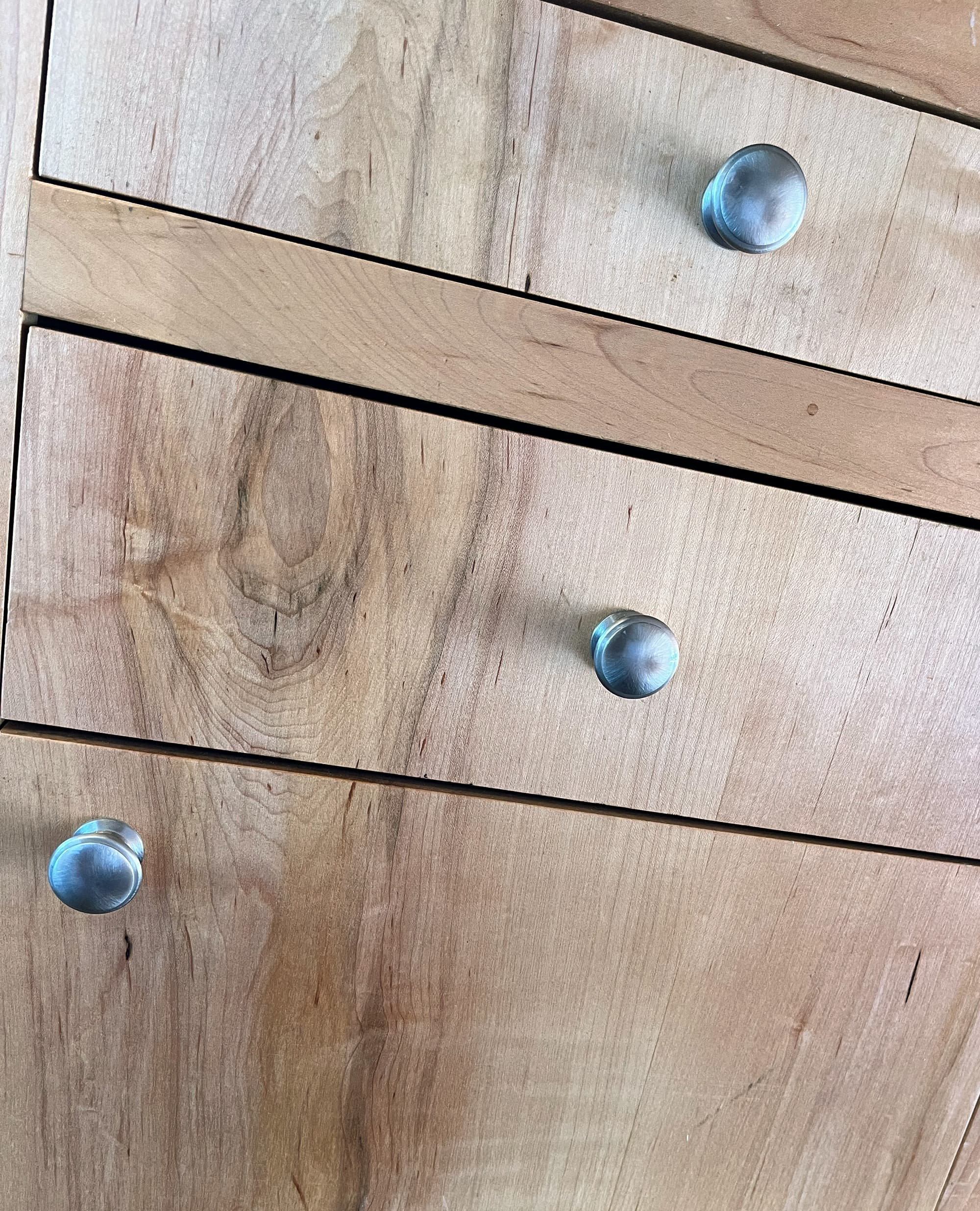The Craftsperson's Curse: Why experts overinvest in the wrong things
The human mind is rife with cognitive biases: From recency and confirmation biases to the sunk cost fallacy. We are nothing if not fallible.
Recently, I've observed another bias. I call it the the Craftsperson's Curse: The tendency of experts to assume doing things the ‘right way’ by investing in our areas of expertise will lead to the success of a project.
The Craftspersons’ Curse is the tendency of experts to assume doing things the ‘right way’ by investing in our areas of expertise will lead to the success of a project.
I first observed this bias in my woodworking hobby, of all places. Woodworkers think a lot about ways to join pieces of wood, known as ‘joinery.’ Show a table to a normal person and they’ll appreciate its shape, color or functionality. Show it to a woodworker and the first thing she’ll do is flip it over and inspect the joinery!

Building with hidden or ‘pocket’ screws is quick, easy and more than strong enough for most cases, but many expert woodworkers eschew this technique: It lacks the purity of interlocking joints cut into the wood itself and it's too easy!
When I built cabinets for my van I chose to use dovetail construction rather than pocket screws despite the extra work, because it felt good to do it the more difficult way. I was sure other folks would appreciate the attention to detail of the dovetails, not to mention a custom black walnut stair tread and grain-matched drawers.

While folks appreciated what I built, exactly two people noticed any of the above… and they were both woodworkers!
As high achievers gain experience, we often pursue more difficult, daring, elegant, or novel projects and approaches.
The truth is I built the van for myself and prioritized things that were difficult because doing them that way gave me joy. This is true for high achievers in all domains - as we gain experience, we pursue more difficult, daring, elegant, or novel projects and approaches.
However, there was a stark contrast between what I valued, what I assumed others would value and what others actually noticed.
There was a stark contrast between what I assumed others would value and what others actually noticed.
The same principle plays out when building companies and products. Those with extensive experience in an area assume investing into excellence in that area will necessarily lead to success.
A founder with a design background might place more emphasis on a product’s design and polish and release slower or at a higher price point than ideal. A technical founder might be tempted to prioritize an elegant technical solution over a ‘good enough’ fix.
Product managers are no less susceptible! Attend a product management conference and you’ll witness overwrought discussions of beautiful product management frameworks. Conspicuously absent are frank discussions of the messiness of reality. And no one mentions that the best solutions often don’t emanate from the product organization!
The craftsperson's curse manifests itself in product managers prioritizing complicated frameworks and ‘meta-work’ above just enough discovery to elucidate a simple solution to the key customer problem.
How does one inoculate themselves against the Craftsperson's Curse?
-
Start by recognizing the bias to overweight investments made along the axes of our expertise.
-
Exercise more skepticism when you feel the tug of a solution that happens to be more interesting, elegant or difficult in an area of your expertise.
-
Seek diversity in perspectives. Counterbalance your expertise bias with collaborators who possess deep expertise in other areas.
-
Turn the very experience that might lead you astray into an asset. For example, leverage your knowledge of performance and scalability to prioritize the simplest solution that solves for customer needs.
-
Stay close to the customer. Validate that the efforts you assume will matter for customers, actually matter for customers.
-
If you are truly creating a work of art or craft, educate your customer on what they’re buying: Tell the story of creation, of the passion, thought and technique with which you crafted the work.
In closing: Your experience can be an asset, but if you’re not vigilant to the risks of the Craftsperson’s Curse, that same experience can become a liability.

